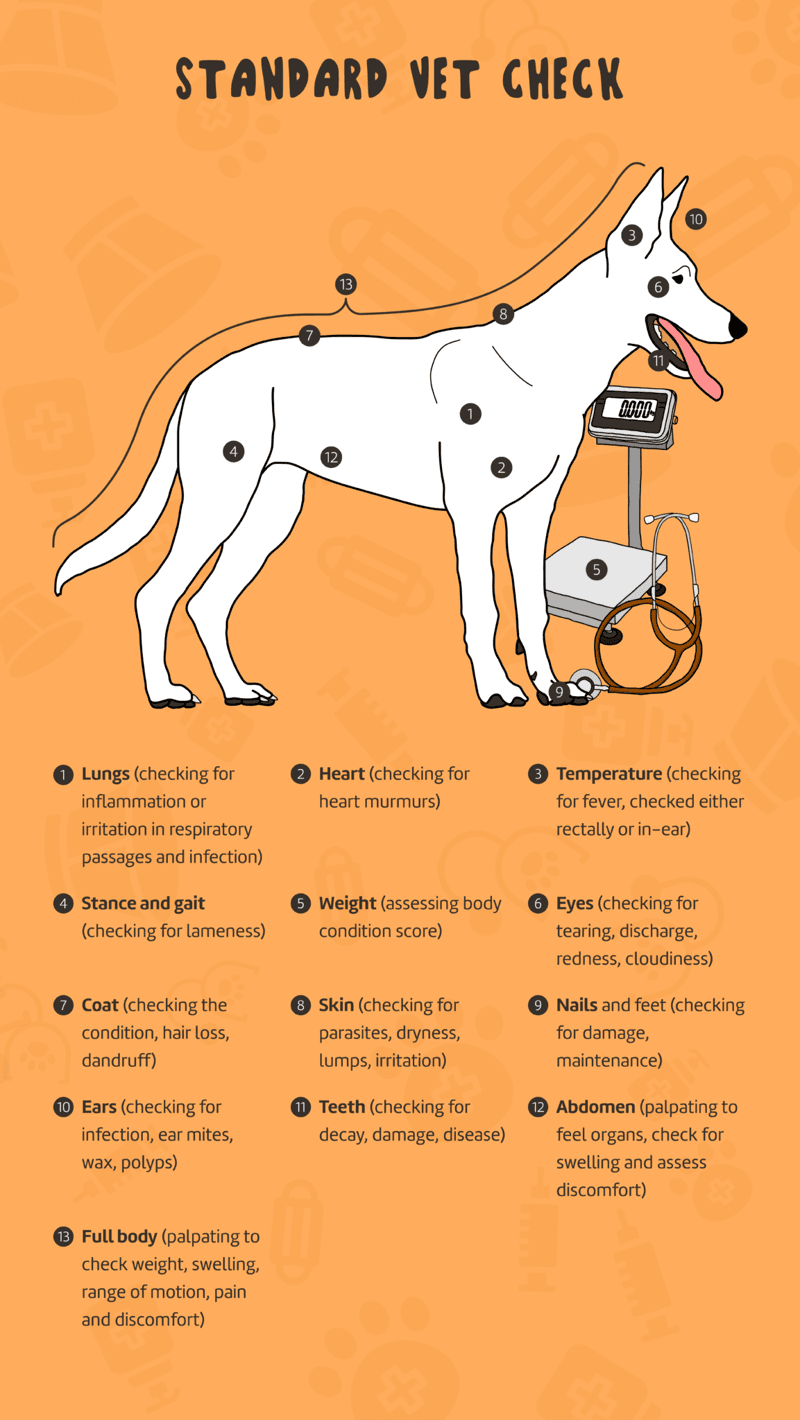Genetic diseases are a significant concern for both mixed-breed and purebred dogs, often stemming from ancient disease-liability genes present before breed differentiation. While breed variations exist, understanding the predictability of onset and progression in inherited disorders is crucial for effective diagnosis, treatment, and management. Complexly inherited diseases, influenced by multiple genes and environmental factors, are particularly common and require a chronic illness approach to care.
Allergic Skin Disease
Allergic skin disease, manifesting as chronic inflammatory otitis, recurrent hot spots, and pruritus, is a frequent presentation in veterinary practice. While affecting both mixed and purebred dogs, certain breeds exhibit higher incidences. Studies on Golden and Labrador Retrievers show a heritability of atopic dermatitis at 47%, highlighting a substantial environmental contribution. Research in German Shepherd Dogs has identified a specific chromosome segment associated with this condition. Currently, no genetic liability tests are available for allergic skin disease. However, recognizing predictable seasonality in affected dogs allows for proactive management of pruritus before it escalates.
Canine Hip Dysplasia
Canine hip dysplasia is the most prevalent inherited musculoskeletal disorder, impacting all dog populations. Approximately 14.6% of dogs evaluated by the Orthopedic Foundation for Animals show signs of dysplasia, though this is likely an underestimate. Smaller dogs often exhibit less severe clinical signs compared to larger breeds, indicating a relationship between size, weight, and clinical presentation. Diagnosis is typically made via radiography. Palpable hip laxity serves as an early indicator of potential hip dysplasia and subsequent osteoarthritic changes. Early detection through gentle examination procedures and palpation for laxity during neutering can help identify at-risk puppies. Surgical intervention may benefit dogs with severe laxity detected early. Experimental breeding value estimations using DNA marker panels are under development to aid in selecting for normal hip development. Breeders are advised to prioritize dogs with a strong history of hip normalcy across multiple generations.
Brachycephalic Obstructive Airway Syndrome (BOAS)
Brachycephalic Obstructive Airway Syndrome (BOAS) affects short-snouted breeds like Bulldogs, French Bulldogs, and Pugs, causing breathing difficulties. This condition arises from disproportionate skull and soft tissue proportions in the nasal and pharyngeal areas. Clinical signs include dyspnea, exercise and heat intolerance, abnormal respiratory noises, cyanosis, syncope, and even death. One study reported a 16.7% mortality rate due to respiratory failure in high-risk dogs by an average age of 8.6 years. BOAS encompasses conditions such as stenotic nares, elongated soft palate, everted laryngeal saccules, and laryngeal collapse. Affected dogs may also experience facial skin fold dermatitis and corneal ulceration. Corrective surgeries, including rhinoplasty and soft palate resection, can alleviate symptoms. Responsible breeding practices should focus on dogs with defined muzzles, normal tracheas, and wide nostrils, free from BOAS signs.
Myxomatous Mitral Valve Disease
Myxomatous mitral valve disease, also known as mitral valve endocardiosis, primarily affects older toy and small breed dogs. Certain breeds, such as Norfolk Terriers and Cavalier King Charles Spaniels, are predisposed to developing heart disease at an average age of 6.25 years. Breeding control programs, requiring both parents to be free of murmurs and Doppler evidence of mitral regurgitation, have shown success in reducing the incidence of this disorder in Cavalier King Charles Spaniels.
Cranial Cruciate Ligament Rupture
While not typically classified as a hereditary disease, cranial cruciate ligament rupture occurs more frequently in breeds like Rottweilers, West Highland White Terriers, Golden Retrievers, Yorkshire Terriers, and Staffordshire Bull Terriers. Studies indicate a heritability of 27% in Newfoundlands. Genetic factors, including extracellular matrix metabolism and inflammation, may predispose dogs to rupture, alongside biomechanical and conformational variations.
Patellar Luxation
Patellar luxation is a complex inherited disorder causing the kneecap to dislocate. While more common in small breeds, several larger breeds are also affected. The condition can range from subclinical to causing pain and instability. Weight management is crucial for reducing morbidity. Affected dogs often progress through several grades of luxation over time. Breeders should utilize pedigree analysis to select against this disorder.
Hereditary Cancers
Certain cancers in dogs are influenced by inherited predispositions. The most commonly diagnosed include lymphoma, hemangiosarcoma, mast cell tumors, and osteosarcoma. Other cancers with genetic links are malignant melanoma and mammary tumors. Cancer susceptibility genes often involve tumor suppressor genes and oncogenes. While many genetic and chromosomal anomalies are found in tumor tissues, translating these into reliable screening tests for genetic cancer susceptibility is an ongoing area of research.
Cryptorchidism
Retained testicles (cryptorchidism) are observed in 6.8% of dogs, presenting as unilateral or bilateral, and can be abdominal or subcutaneous. Testes should normally descend by 8 weeks of age. This sex-limited trait requires selective breeding against affected males and their close female relatives.
Hypothyroidism
Hypothyroidism is a common disorder caused by autoimmune thyroiditis. While autoimmune thyroiditis is a hereditary disease, its prevalence and diagnosis may be overstated, as other conditions can mimic its symptoms. Resting T4 measurements are not always reliable indicators of primary hypothyroidism.
Inherited Cataracts
Many age-related cataracts likely have hereditary components. Eye screening programs have shown a reduction in cataracts in Dachshunds. Specific genetic mutations cause early-onset cataracts in breeds like Boston Terriers and Australian Shepherds. Numerous breed-related inherited cataracts are documented, with varying onset ages and progression rates.
Other Common Genetic Disorders
Other prevalent genetic disorders include bladder stones, elbow dysplasia, hepatic shunts, epilepsy, glaucoma, deafness, blindness, renal dysplasia, and Addison’s disease. Specific genetic tests are available for conditions like progressive retinal atrophy and drug sensitivity.
Conclusion
It is imperative that dogs affected by genetic disorders are not selected for breeding. Given the complex inheritance of most genetic diseases, breeding decisions should be informed by the clinical health of prospective breeding dogs’ relatives. Utilizing online health registry databases and available DNA testing can help breeders make informed choices to reduce the incidence of inherited diseases and promote healthier canine populations.

